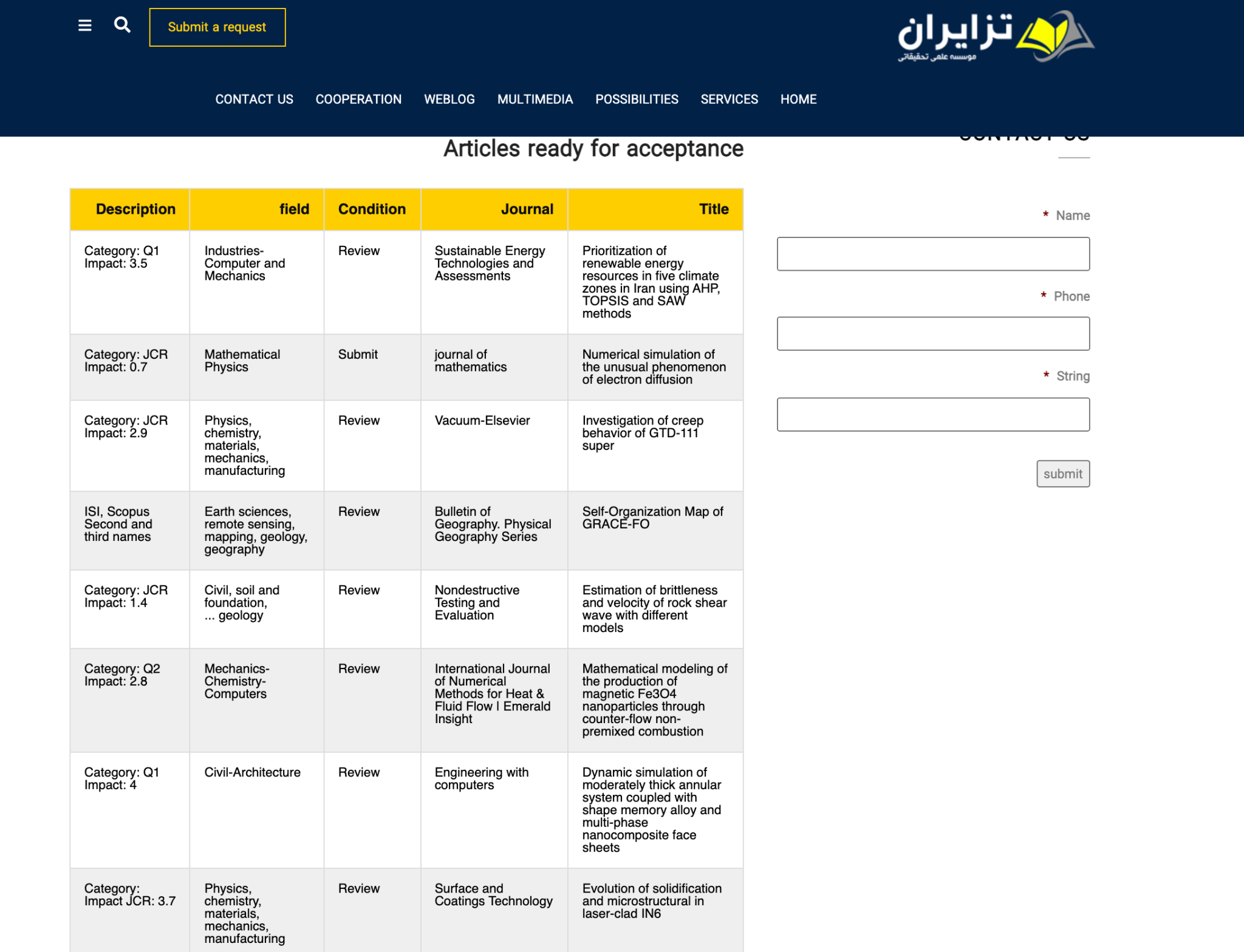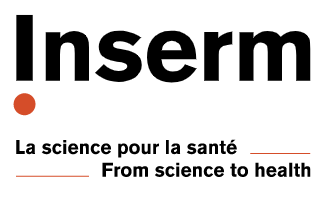A group of biomedical engineering researchers has lost four papers because they appear to be recycling their images from other papers.
The retractions for the group, from Banaras Hindu University in India, span papers published between 2011 and 2014. The retractions began in 2020, after anonymous PubPeer commenters pointed out the similarities between images. The four papers have been cited a total of 140 times, according to Clarivate Analytics’ Web of Science.
The latest paper to be retracted, “Alleviation of glutamate-mediated neuronal insult by piroxicam in rodent model of focal cerebral ischemia: a possible mechanism of GABA agonism,” was originally published in Springer Nature’s Journal of Physiology and Biochemistry in 2014. It has been cited 12 times.
According to the retraction notice:
Continue reading The “internet may be a challenging venue”: Biomedical engineering group up to four retractions








